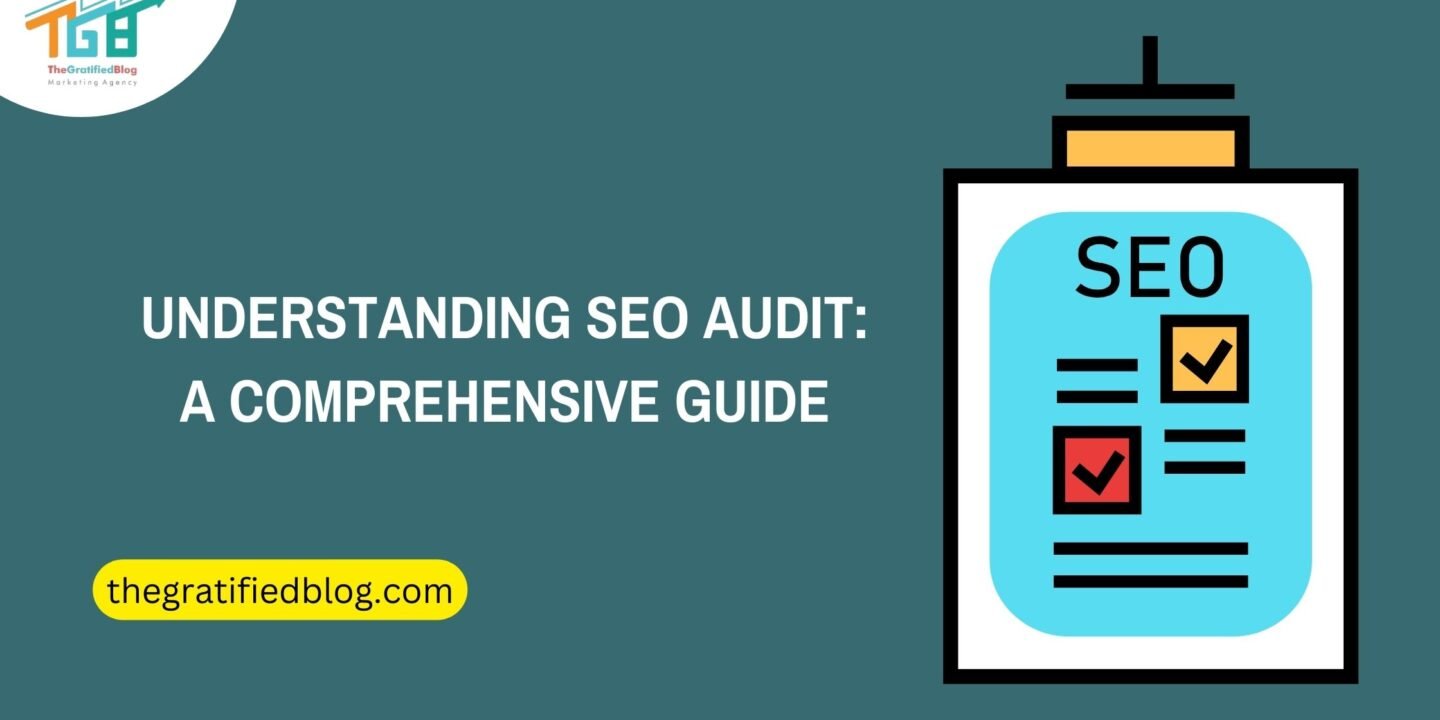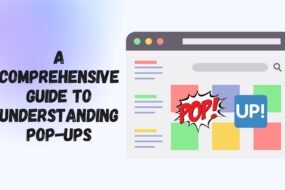
Search Engine Optimization (SEO) is vital to remaining competitive in an increasingly interconnected society, where consumers seek to find what they need at the click of a button. With SEO, you ensure you can connect with the right customers in the right mindset: they understand your services and recognize your value.

However, SEO is dynamic, and the tools that worked last year may need to be more effective today. As such, you must run regular SEO audits to identify where your website and related content may need to meet your expectations. Numerous factors go into a comprehensive SEO audit, such as website structure, on-page content, and content gaps. Today, we’ll briefly overview what’s involved in remaining at the top of search engine results pages.
Technical Elements
While most people think of SEO as being about content, it also focuses on the nuts and bolts of your online presence: your website’s functionality.
Google prefers websites that are easy to index, meaning they are logically designed, carefully interlinked, and quick to load. Recently, Google has been pushing a mobile-first mentality: websites should be accessible to read on a smartphone or a tablet, so they must have a responsive design that fits any screen size.
Engaging a firm for a technical SEO audit service can assist in identifying issues affecting your rankings, such as a disorganized sitemap that hinders user navigation. Creating a fast-loading and well-organized site can vastly improve your visibility, even without changing content.
Keyword Efficacy
Keywords are king beyond the mechanical elements of your website and off-page elements. Unless you’re a well-known entity like Facebook, most people will find your site by searching for keywords; Google will then match these to websites that meet their needs. The closer you match what the user is searching for, the more likely you are to show up high on the search page and, therefore, the more likely you are to capture a user.
Good websites use keywords judiciously but without sounding spammy, incorporating different versions of the same keyword throughout the text to get a hit from users using slightly different phrasing. It’s not enough to use “massage therapy in Fairfax;” you’ll also want to try “Fairfax masseuse,” “Fairfax, Virginia, massage therapy,” and so on. However, you must use these in the proper density as well. An SEO audit service can help you see whether you’re using enough and in the correct proportion.
Search Intent Match
Another essential element is search intent: why the user is searching for something. This includes navigational, commercial, transactional, and informational purposes.
Navigational intent is when users search for a specific brand to get to their website or look for further information on their services. Getting a lot of hits on navigational intent is an excellent sign, as it means that you have developed a strong brand reputation. Many times, this will be girded by other forms of advertising that encourage customers to look you up online, such as billboards, company vans, and direct mail, making a holistic marketing strategy an essential element of boosting your navigational intent.
Commercial intent is for those performing research before making a product decision; for example, one might look for “best French press.” These individuals may focus on customer reviews to assess the quality of a product or service, partly because reviews are an essential component of a winning marketing strategy.
Transactional intent is for those searching to purchase immediately. They may know exactly what brand or service they need, whether a new car or a foundation repair company and now only need to find a vendor.
This may be simple enough for a small town company that offers a fixed service within a given area. Still, it will become more complicated for businesses like drop shippers, who may provide the same product as others but need to prove that they will be the best possible brand to work with. In this instance, customer reviews again become vital, as do discussions of your fast shipping and superior service.
Informational intent refers to those seeking more information about a given subject. This may be things like “how to identify mold” or “sizing motorcycle gloves.” These intents will generally be well satisfied by how-to guides, introductions to your industry, and guest posts that detail specific facets of your service.
The more types of intent you can target with your keywords and content, the more likely you are to rank high. So, for example, you can hit both commercial and informational intent by writing a page that provides essential information about your industry while also containing a clear call to action, directing users to reach out to you if they need help.
Typically, Google will identify commercial intent and transactional intent by matching the user’s geographic area with a page that is located nearby; this is why you’ll want keywords like “roofing in Kansas City” or “podiatrist in San Francisco.” An SEO audit will check how well you have identified your service area and whether you appear in these searches.
Competitor Analysis
As with the rest of business, much of SEO is about “keeping up with the Joneses.” You can have a fantastic website with intriguing, thoughtful content, but if it doesn’t remain somewhat in line with your competitors, it won’t perform well because it’s not what Google is looking for.
The competitor analysis aspect of SEO audits is about analyzing the keywords and content available on other websites to ascertain where you can improve your own. Just as you would assess another company’s services to see what extras they’re adding or what customers appreciate about their work, you also need to do this with your website.
The key here is to meet those expectations and then up the ante by adding some extra flair – and don’t forget that this includes off-page elements as well. For example, suppose none of your competitors are writing outbound articles that link back to their website. You can add that to the mix or submit your guest posts to reputable and relevant publications.
After your audit, you’ll see where you can improve, which will become your blueprint for surpassing these expectations in a way that makes sense for your brand. A good SEO company familiar with your niche will be critical to this work.
Conclusion
SEO is ever-changing; it is one of the most dynamic marketing elements, necessitating frequent assessments and adjustments to stay on top. While you may be able to run the same print advertisement for years, you will have to perform regular audits on both your off-page and on-page digital footprint so that Google recognizes you as a high-quality company. Work with an excellent SEO team on your audits, and see how far Search Engine Optimization can take you.








No Comments